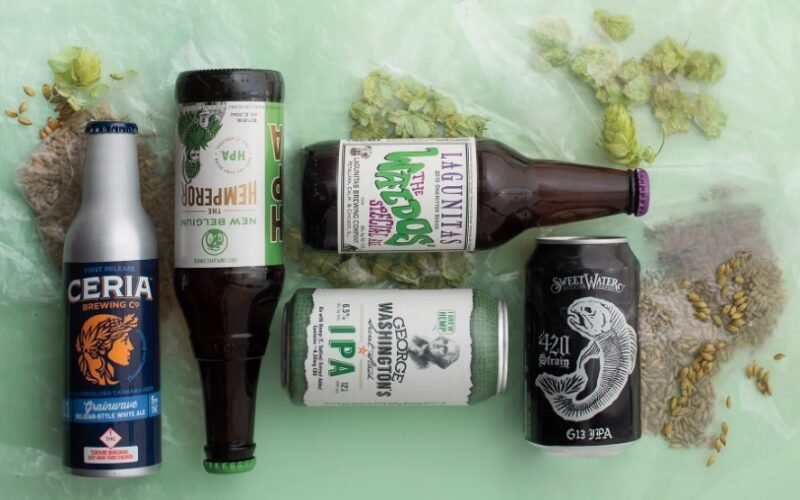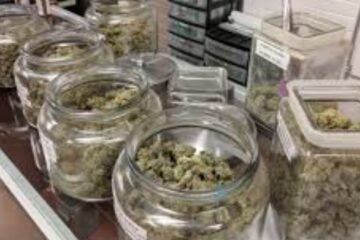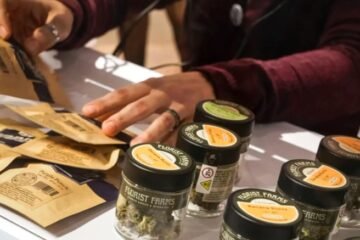Whenever I post something on social media about declining beer sales, at least one person is quick to chime in and blame it on increased cannabis use. It is a pretty common perception, but does the perception align with reality? Let’s delve into the data and explore the relationship between marijuana use and beer consumption.
Cannabis and Alcohol: A Complex Interaction
Data from three different studies in the USA and Canada show that the relationship between alcohol and cannabis consumption might be more interactive than previously believed. Here are some key findings:

- Canada’s Experience:
- In Canada, where cannabis has been legal nationwide since 2018, 22.8% of people who use both cannabis and alcohol reported drinking less alcohol. This represents a +7.5% increase from 2020 when only 15.3% of respondents reported drinking less.
- USA Trends:
- In the USA, where cannabis is slowly becoming legal state-by-state, 36% of cannabis users who drink reported that they now drink less alcohol. The remaining 64% said they have “not reduced alcohol consumption” according to a 2024 survey.
- Notably, nearly half (47%) of respondents reported “replacing some of their alcohol consumption” with cannabis, according to data from a 2021 survey.
Caveats and Considerations
While these findings suggest a correlation, it’s essential to recognize some caveats:
- Correlation vs. Causation: Consumers of both alcohol and cannabis report drinking less alcohol, but they don’t necessarily attribute it solely to their cannabis use. Other factors may contribute.
- Survey Reliability: Consumers’ responses in surveys can be unreliable, especially when discussing sensitive topics like substance use. Social perceptions and trends also play a role.
In conclusion, the relationship between cannabis and beer sales is complex, and causation cannot be definitively established. However, as cannabis legalization continues, understanding these dynamics becomes increasingly important for public health and the economy.




